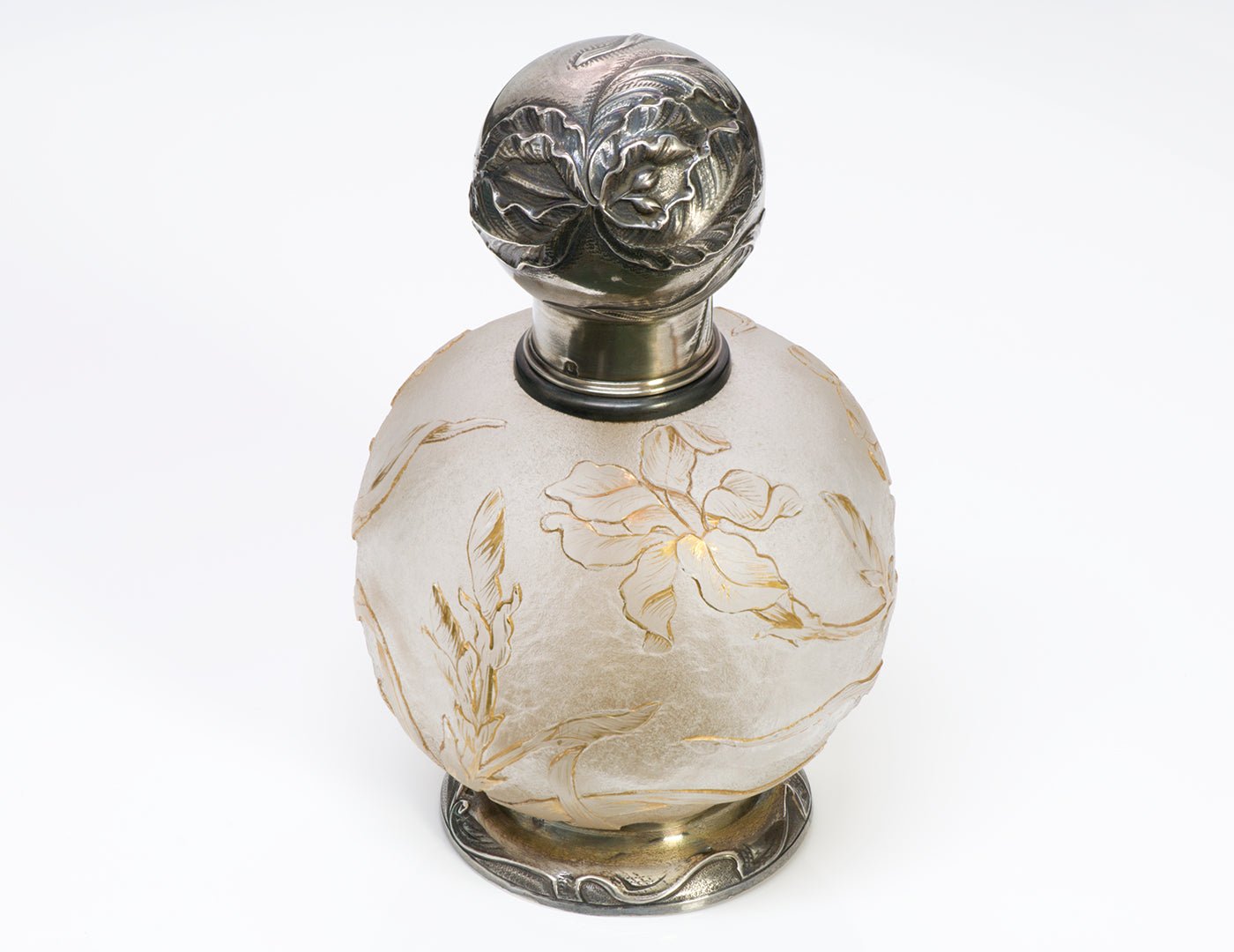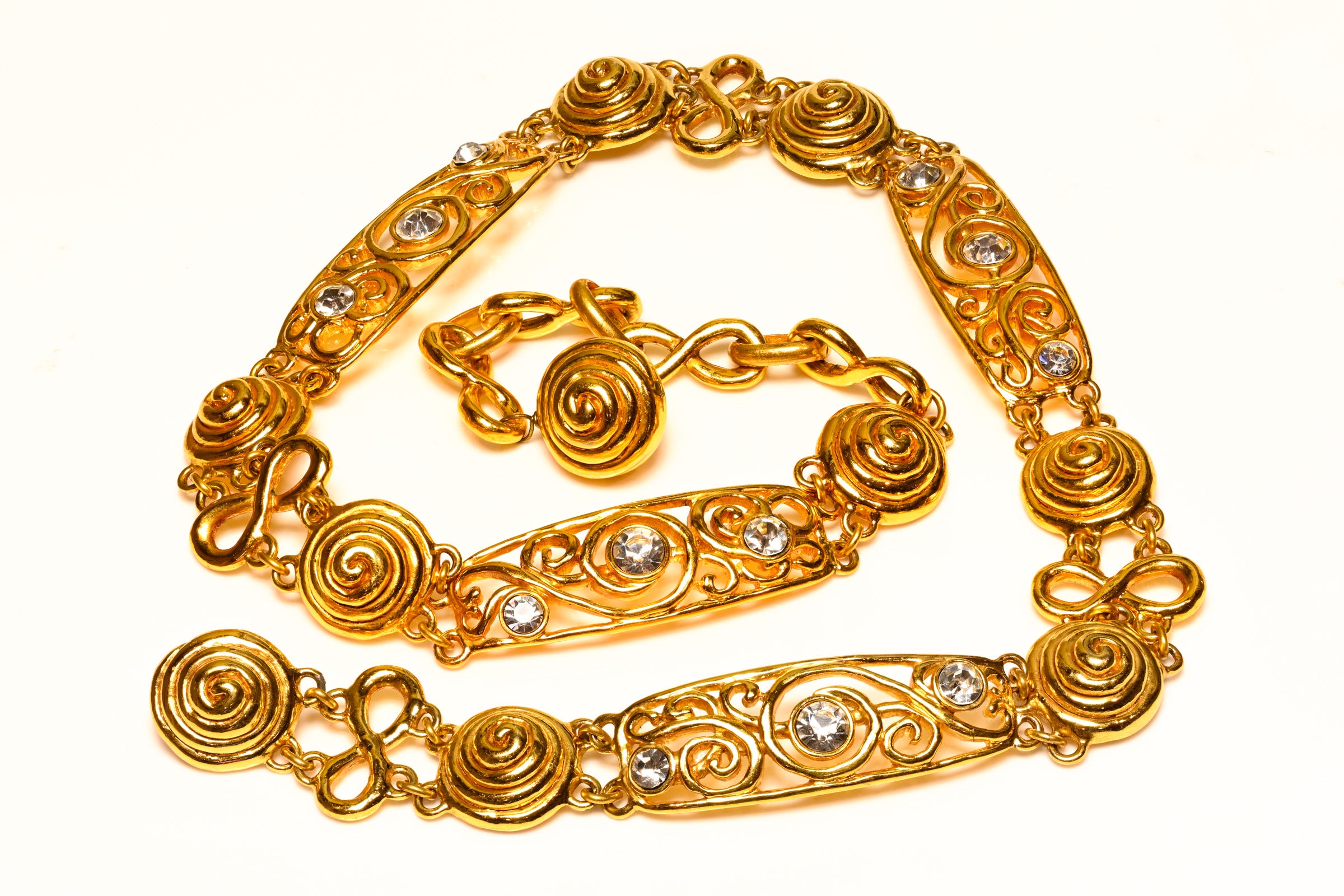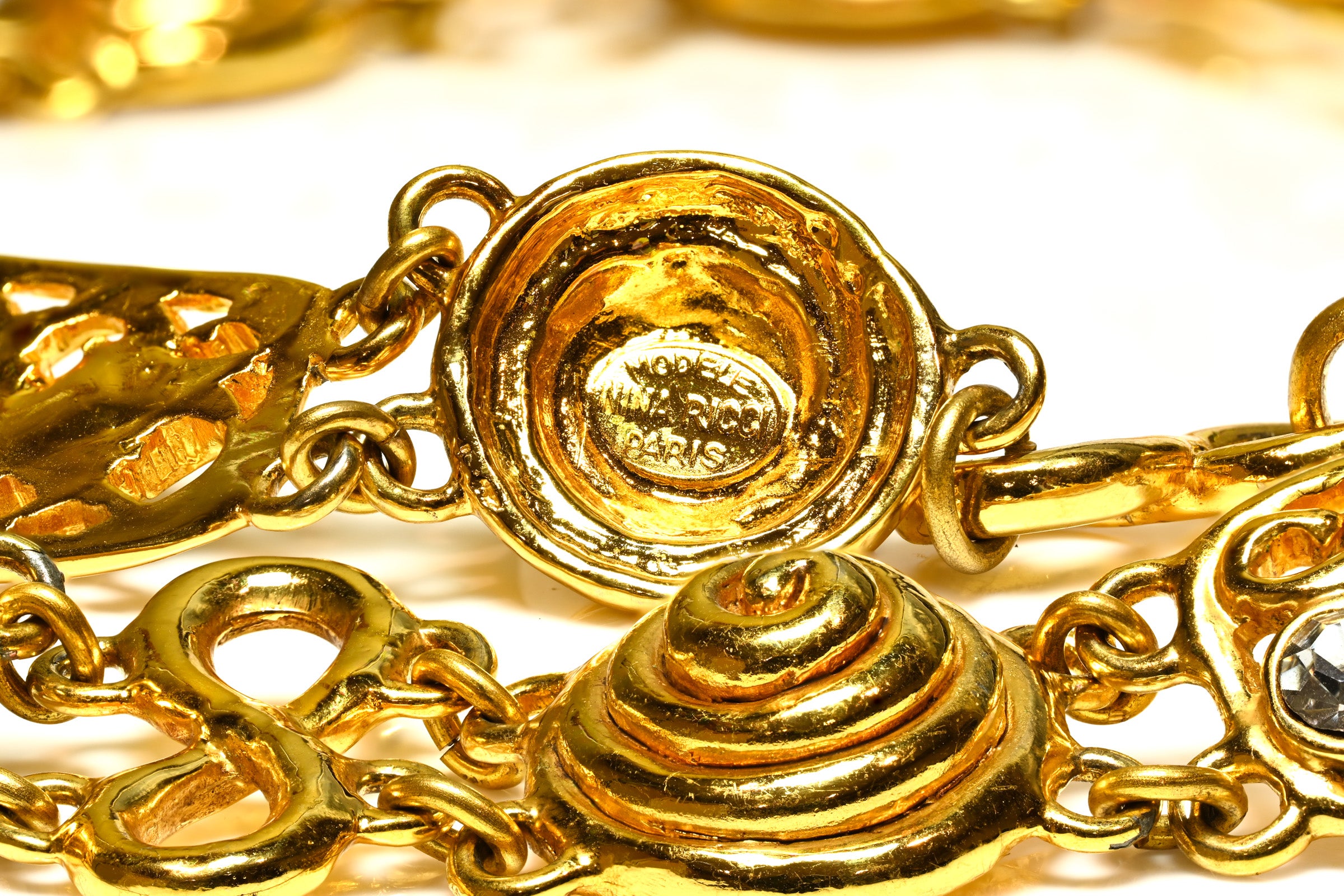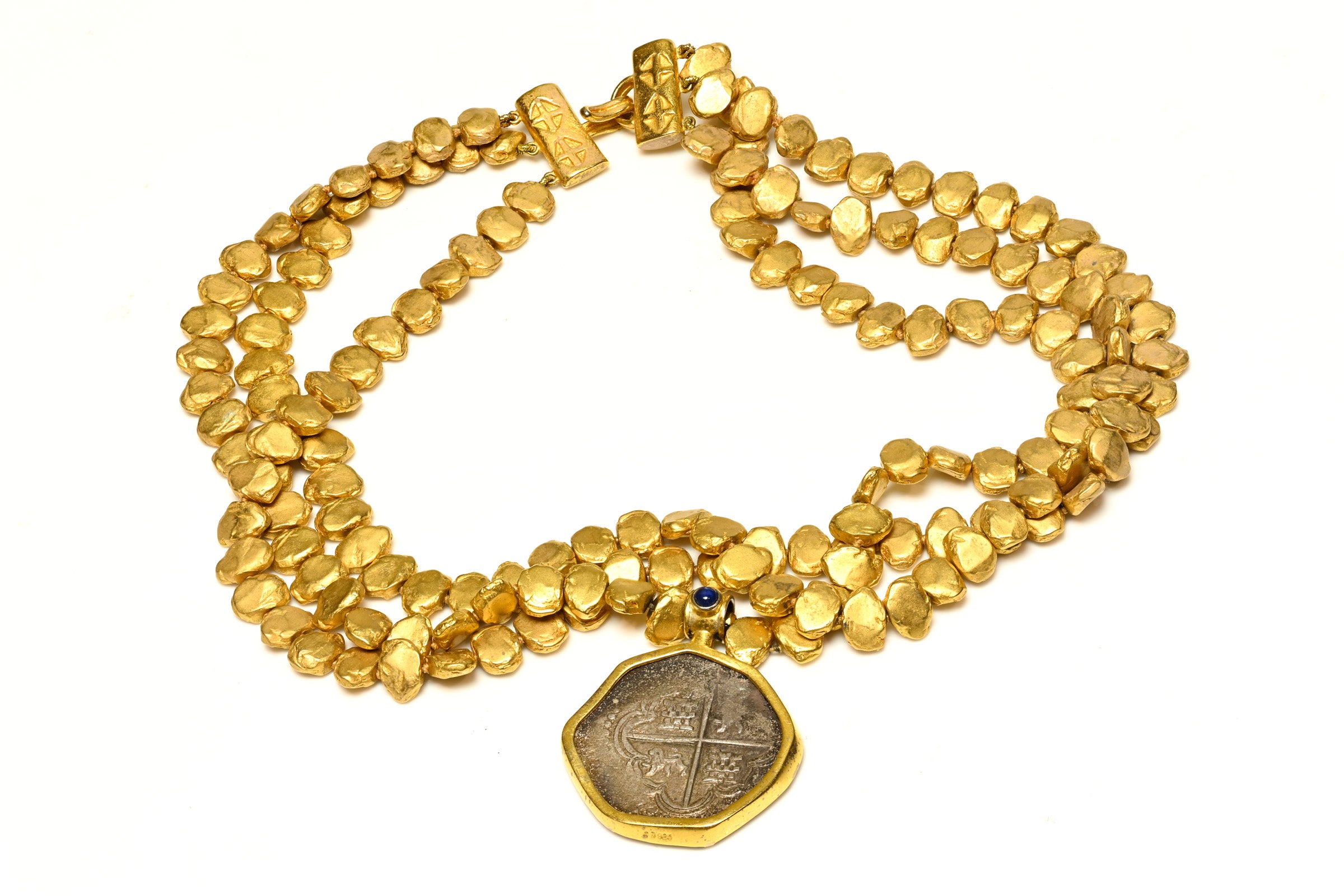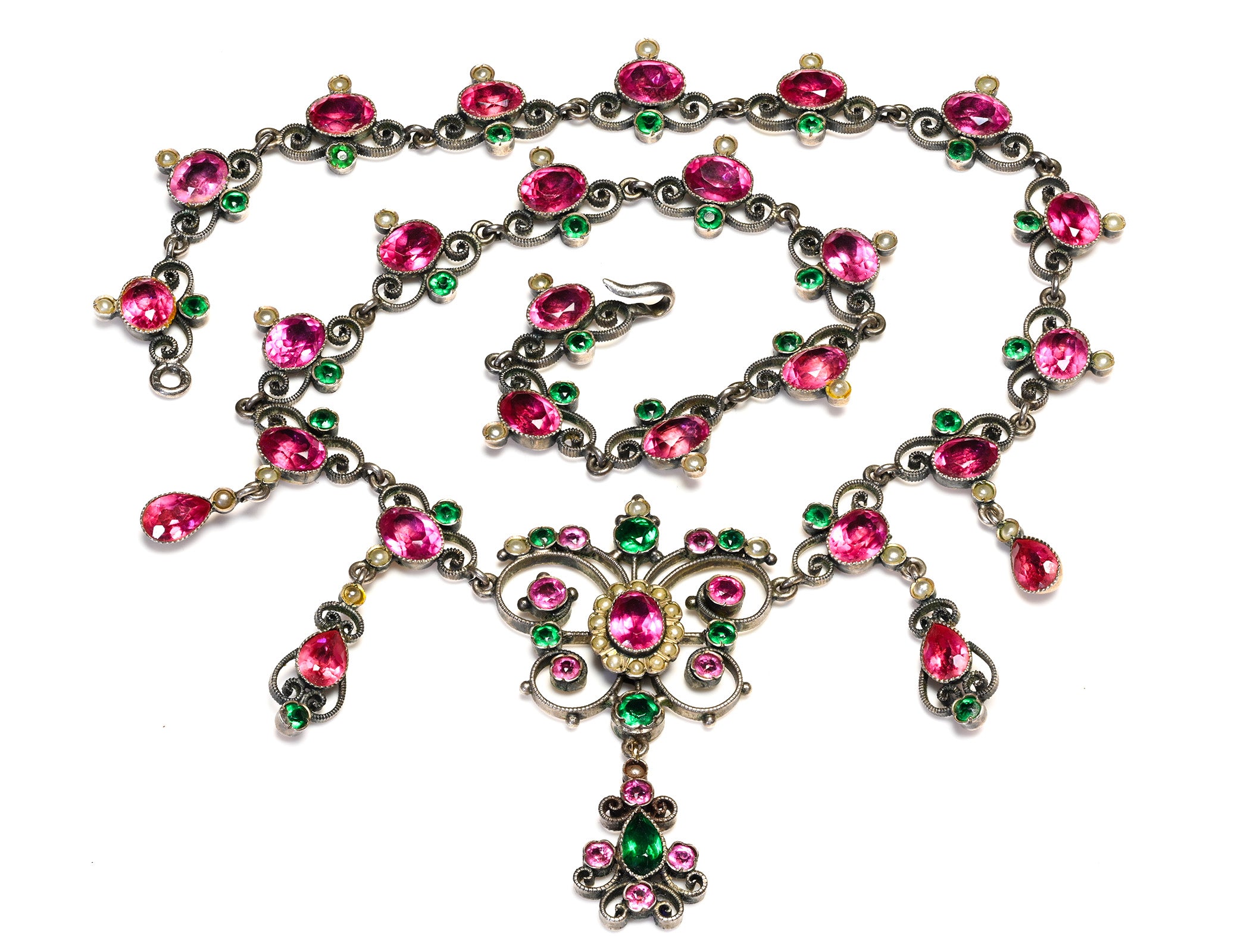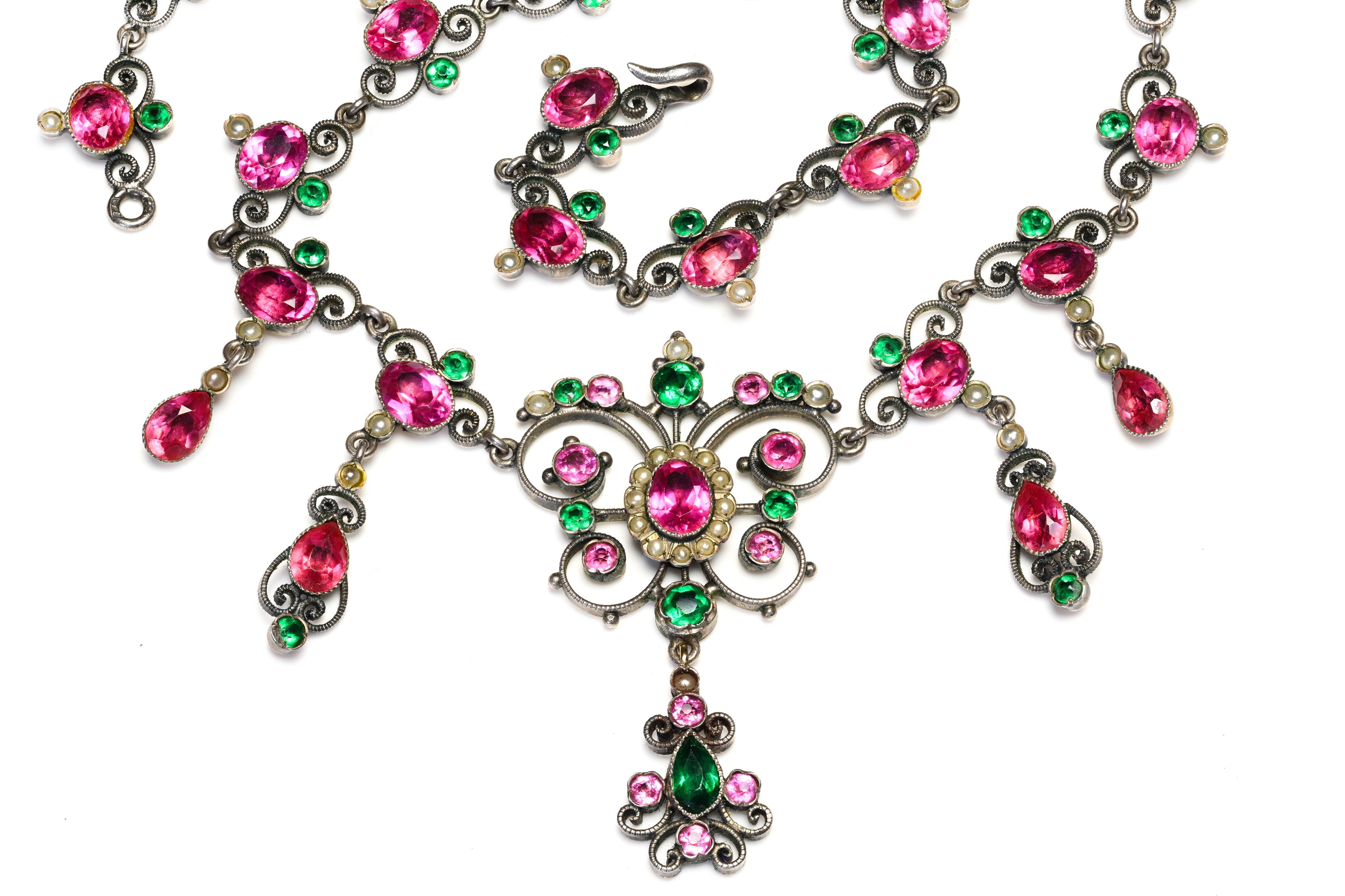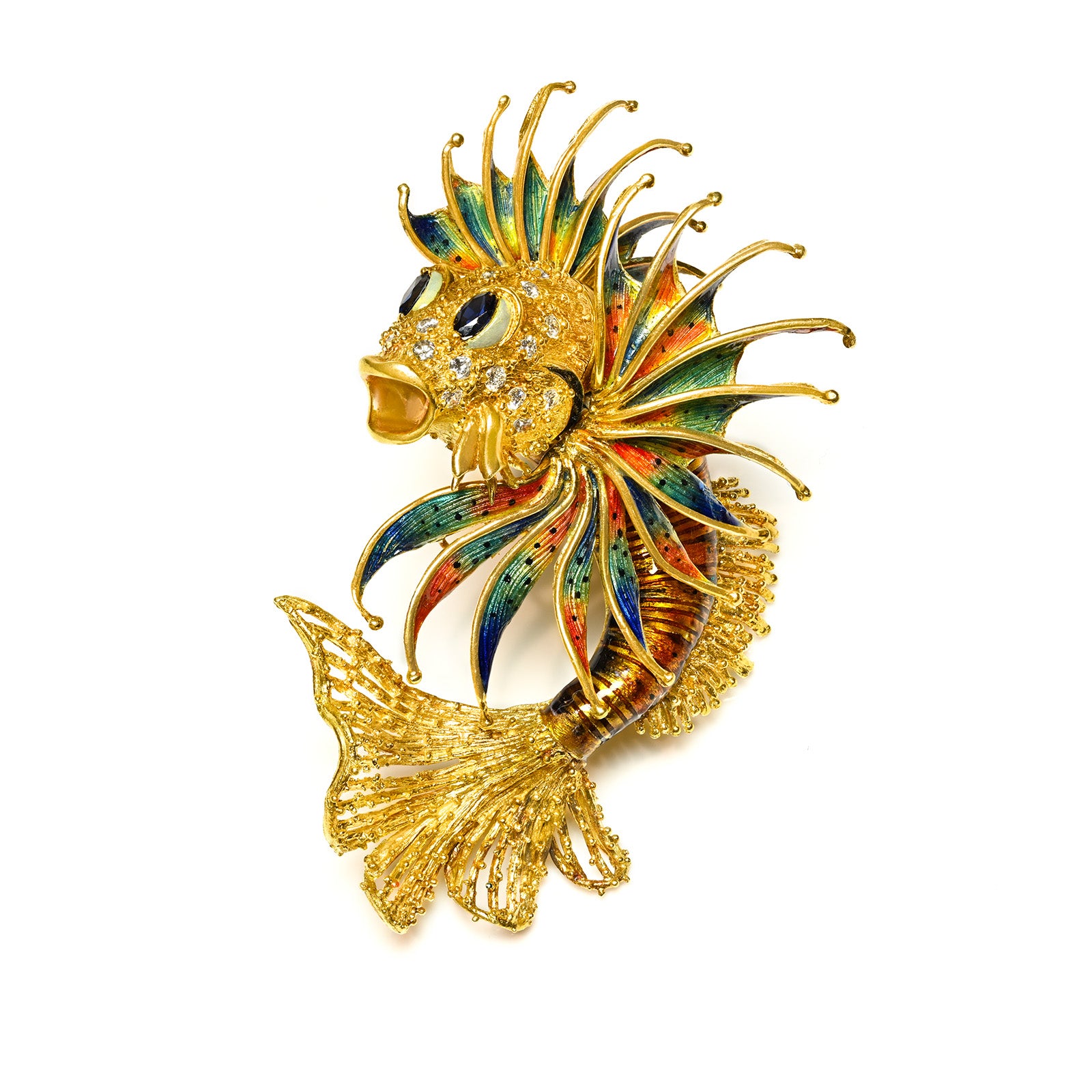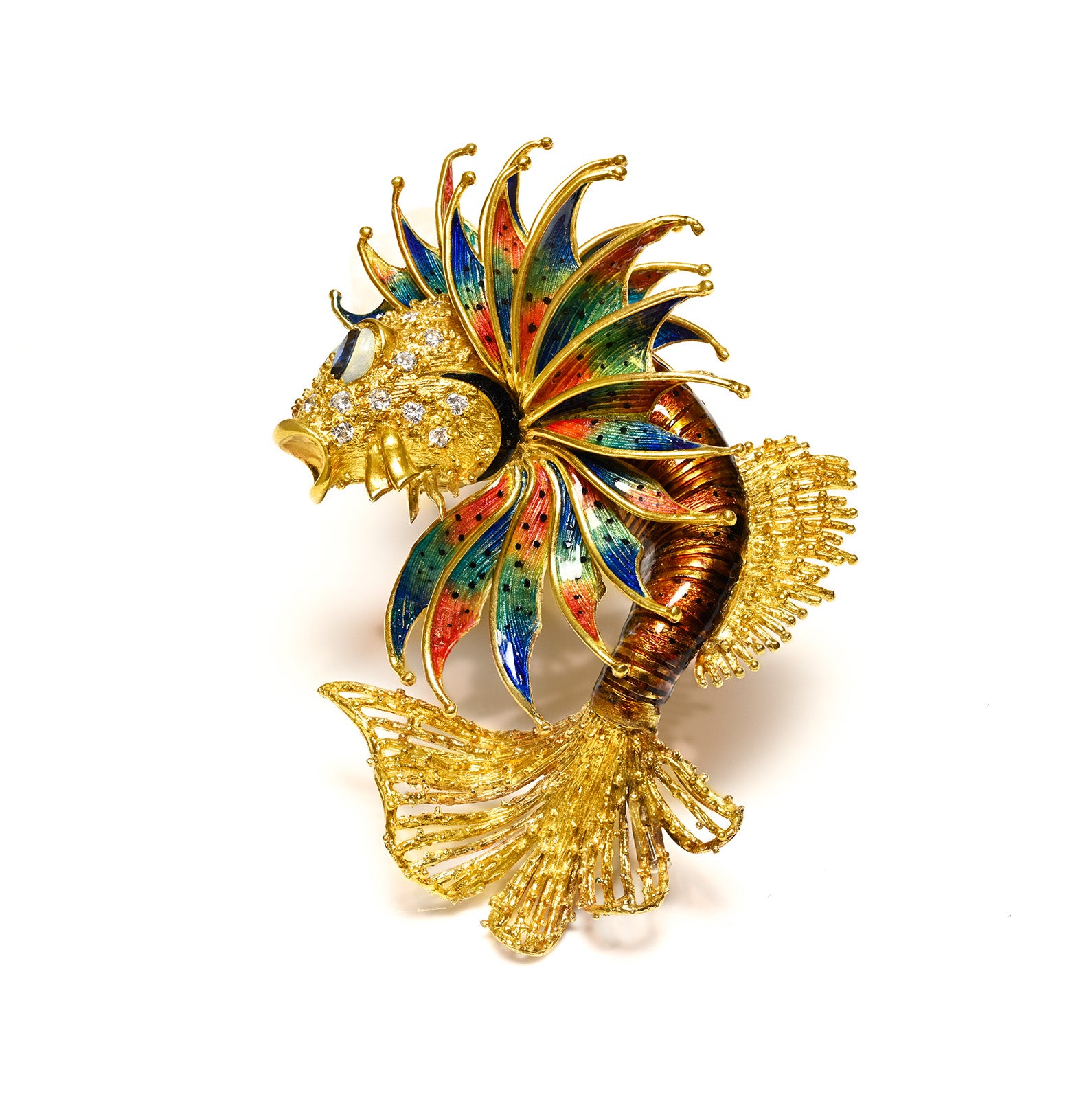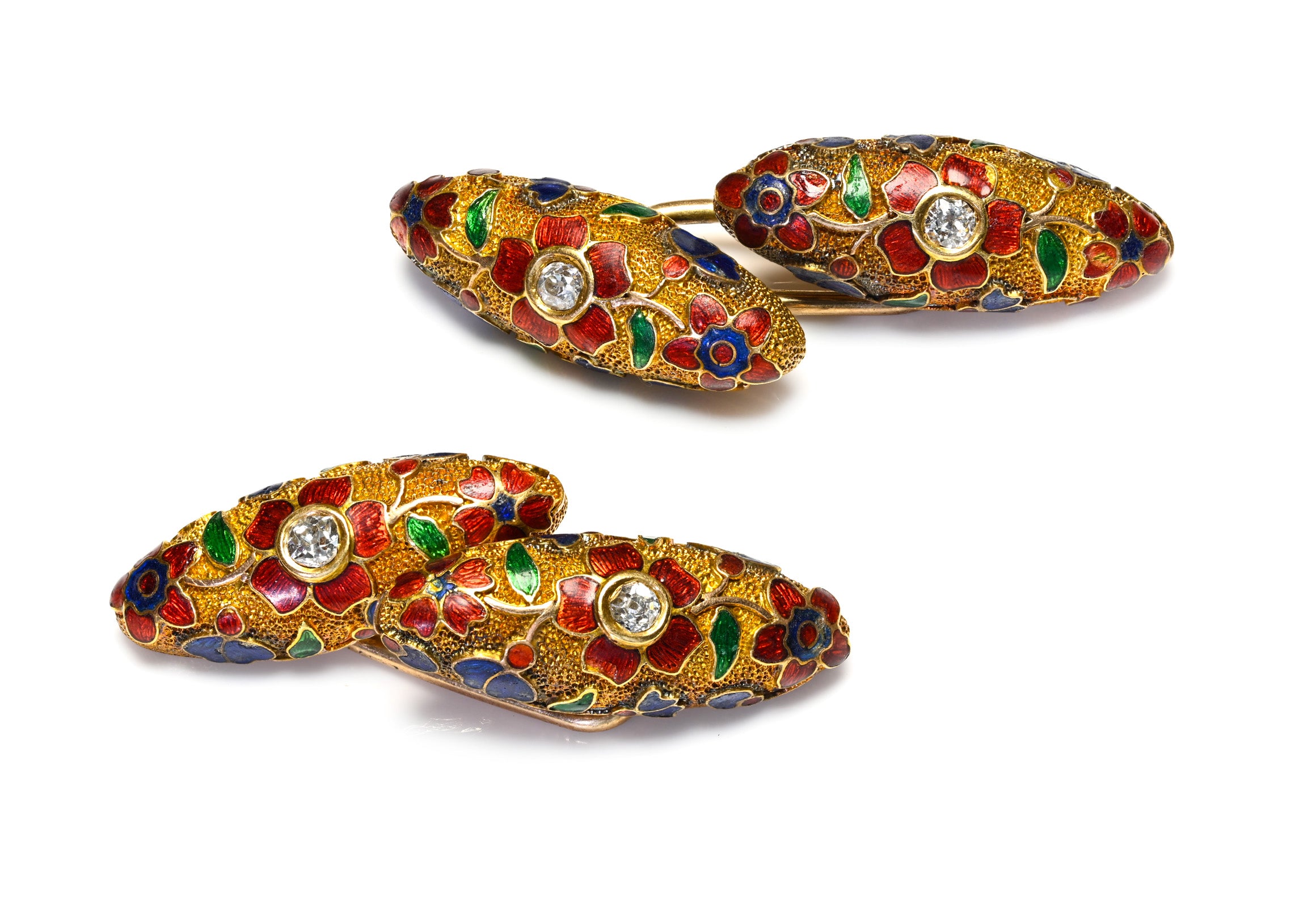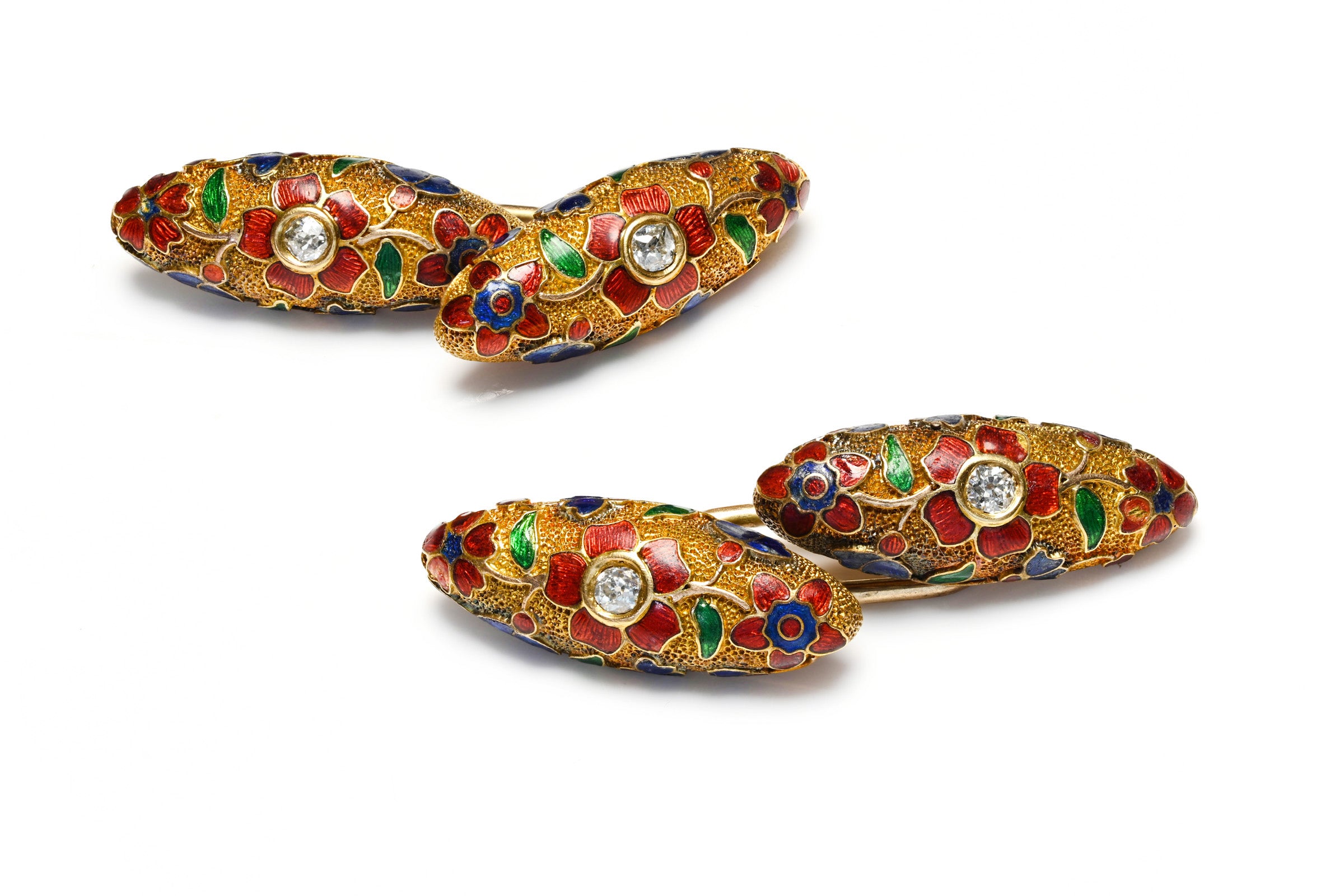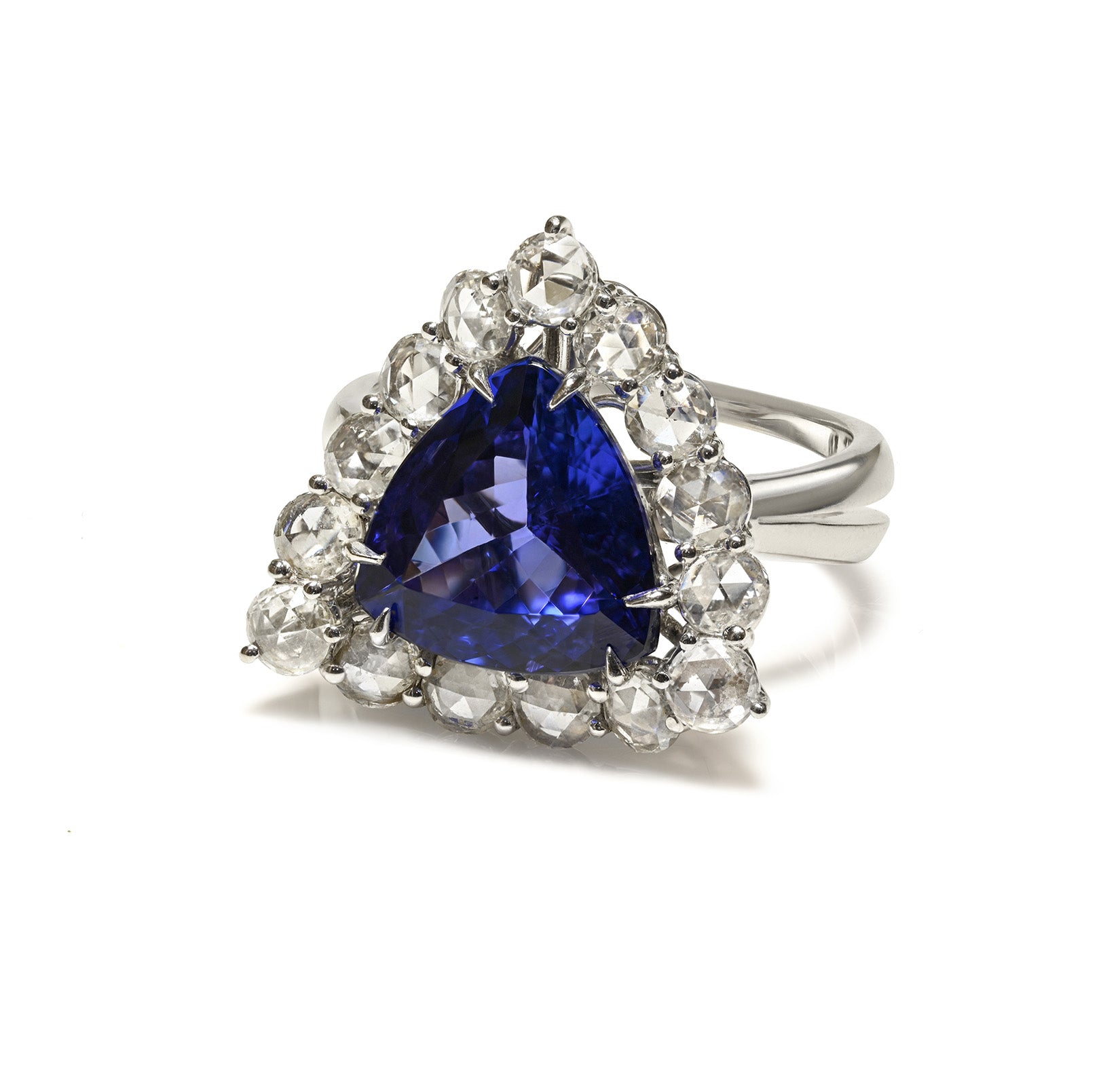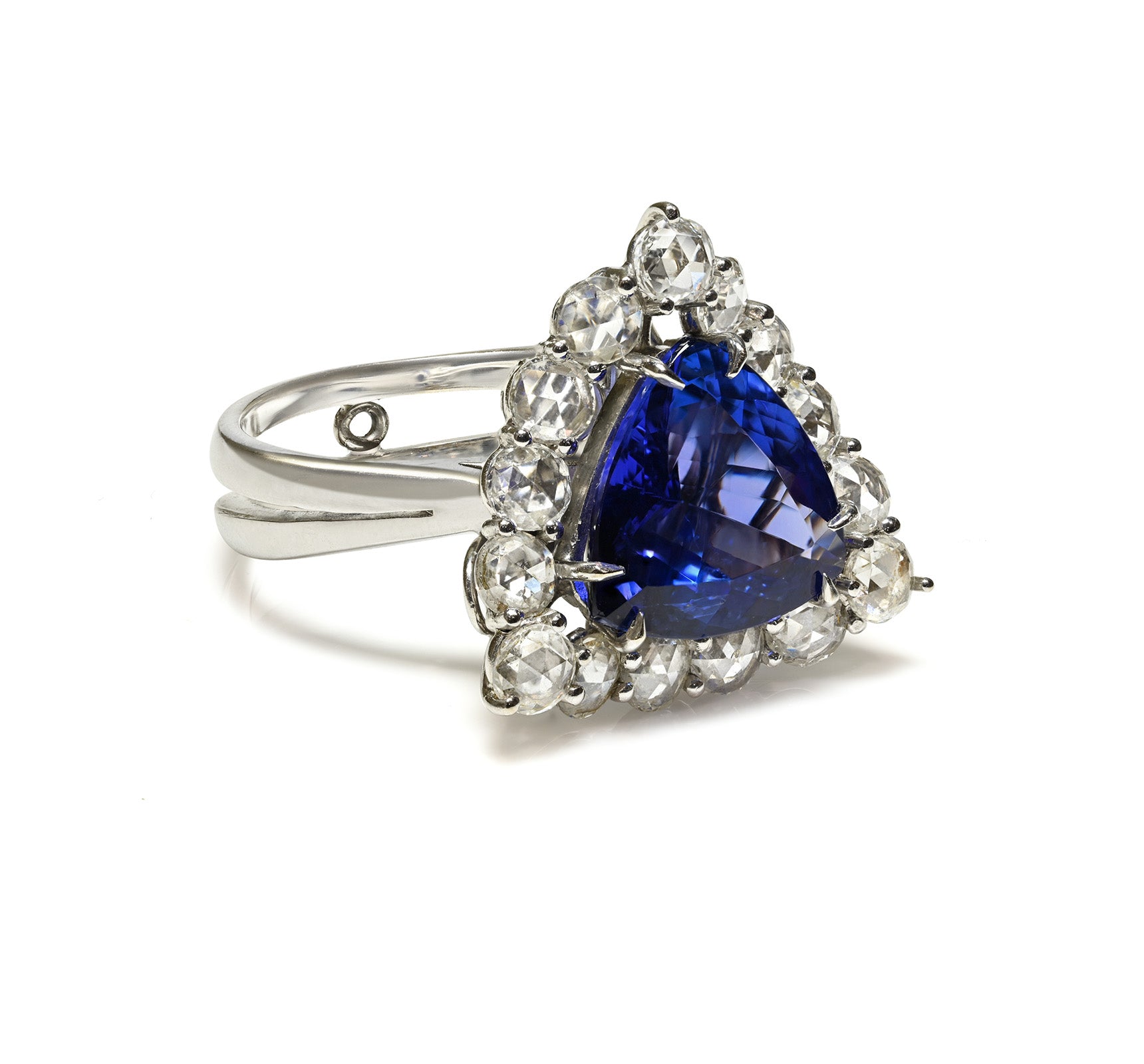The "Secret" Language Of Fans. Myth Or Reality?
Some believe that during certain historical periods, women made use of the "secret" language of fans. Is this true or simply a myth?
During the 19th century, women's freedom of communication was severely limited by the social conventions of the time. It became a popular belief that women developed a "secret" language using the fan to communicate with each other, making it an important accessory to a lady's outfit.
However, many historians dismiss this idea, suggesting that it is little more than a romantic notion without any historical basis. True or not, the history of fans is long and interesting, and they are still quite popular in many parts of the world today.
The Secret Language Of Fans
Regarding the "secret" language of fans, many believe that it may have been passed by word of mouth from mother to daughter, to communicate in situations where a conversation was not considered appropriate, as well as in situations where potential suitors appeared at public events.
In the Victorian era, at all times, women had to behave very discreetly in public, any direct communication of feelings or emotions between men and women was considered particularly disgraceful. This made it extremely difficult for a woman to make her desires known in terms of the acceptability of a particular suitor. Eventually, fan language allowed women to express their desires and feelings to potential suitors without violating the strict code of social etiquette.
Pierre Duvelleroy, a 19th-century fan maker, compiled a code of fan communication.
For example, if the lady fanned herself slowly it meant "I am married", if she fanned herself quickly it meant "I am engaged". If she opened the fan with her right hand it meant "I love someone else". In the case the young man was interested in friendship rather than marriage, she dropped the fan from her hand which meant "we will be friends".
History Of The Fans
Rigid fans originated in the Far East (China, India, and Egypt), dating back almost 5,000 years, and were brought to Europe during the Crusades. They were produced for the European market primarily in France, although in Spain "abanico" (fan) was part of the local culture.
Folding fans originated in Japan and also became very popular in Europe.
Although fans were designed for practical purposes such as cooling or repelling insects, and then as fashionable accessories, eventually they were used for many other things.
For example, fans were used for commemorating an important social/political event, for political propaganda, and for advertisements. Some fans were simply holiday souvenirs, while others were quite intriguing - they had puzzles, maps, or riddles drawn on them to make boring events more interesting.
Nowadays, fans are created by some companies for weddings, souvenirs, gifts, commemorations, and advertisements. Some online companies specialize in personalized fan designs and you can even buy white fans to print yourself.
Made of paper or wood, plain or richly ornate, fans are still quite popular around the world. Many richly ornate fans are displayed in museums as works of art.


